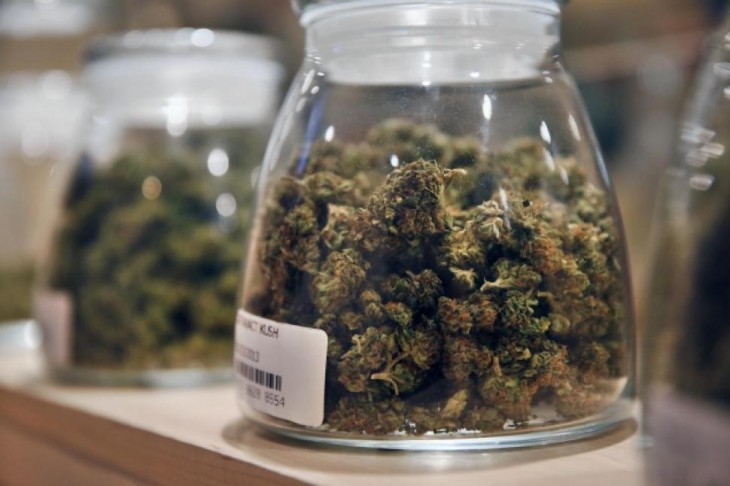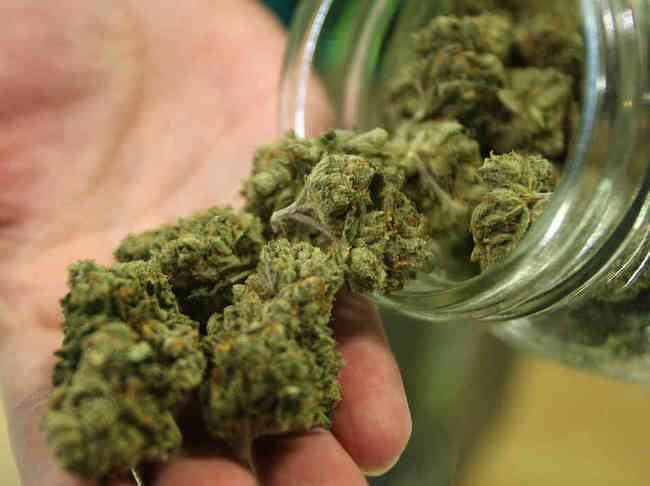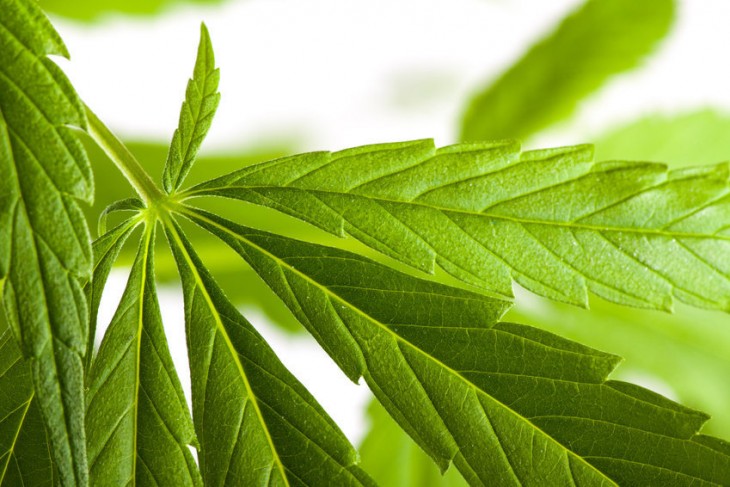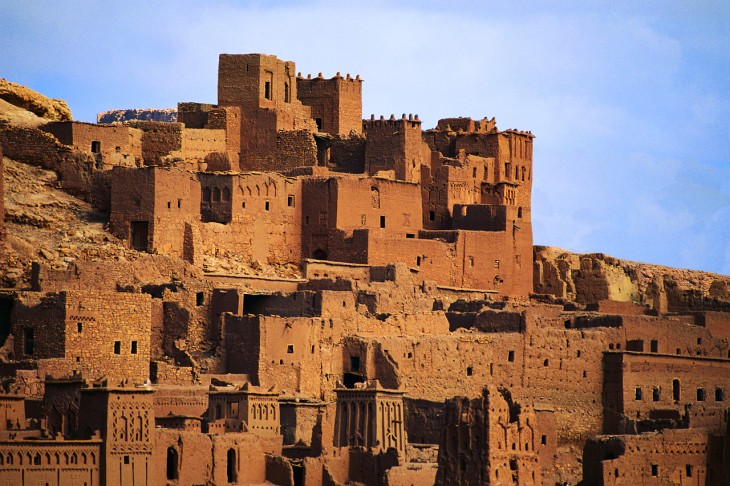It’s Happening In Morocco
Even among the so-called cannabis experts, not everyone knows this: according to a study that was recently published, Morocco has become the worlds’biggest cannabis producer. As a matter of fact, 10% of the country’s GDP comes from the magic green plant we all love – and yes, I am talking about marijuana. Europe is the first and most important client of the many producers who found their home here, and Egypt comes right after. However, the cannabis made in Morocco is shipped all over the world. Just to give you a sense of the numbers we are talking about here, Afghanistan and Jamaica produce every year something like 12.000 tons of hashish, each. Morocco, on its own, is able to put on the table over 38.000 tons.
Most of the growing happens on the Rift mountains – more precisely, in the Issaguen area, called Ketama. According to the data published by the UN, around 89.900 families survive thanks to the money coming from the cultivation of cannabis, even though the actual farmers do not earn very much. In fact, it seems that an average farmer earns around 2000 euro per year. It’s easy to guess that the poor growers are not the ones who are becoming rich thanks to the incredible amount of pot that Morocco produces every year – a market worth 114 million dirhams.
Some of the farmers are complaining: they are treated as puppets in the hands of organized crime, which forces them to grow pot and sell it at a ridiculously low price. Their hope has a name, and that name is legalization, which would forever cut illegality off the equation and guarantee them an adequate wage and a better life. This, of course, is problem that many people around the world share, especially those who live in poor countries, which are the biggest producers of marijuana. Many of these countries, in fact, do not actually fight cannabis production, or its producers and sellers, but do not legalize it either. The result is a huge illegal market dominated by organized crime, a market quite literally built on the shoulders of an army of poor workers.
Many of those who decide to grow pot in their own backyard, using good quality seeds (see http://greenhouseseeds.nl/), do so also for ethical reasons. In fact, whenever you buy cannabis produced by some shady organization you are probably investing on the global, illegal structure we just described.
It’s time to say NO to slavery and crime: it’s time to say YES to legalized cannabis, all over the world.









